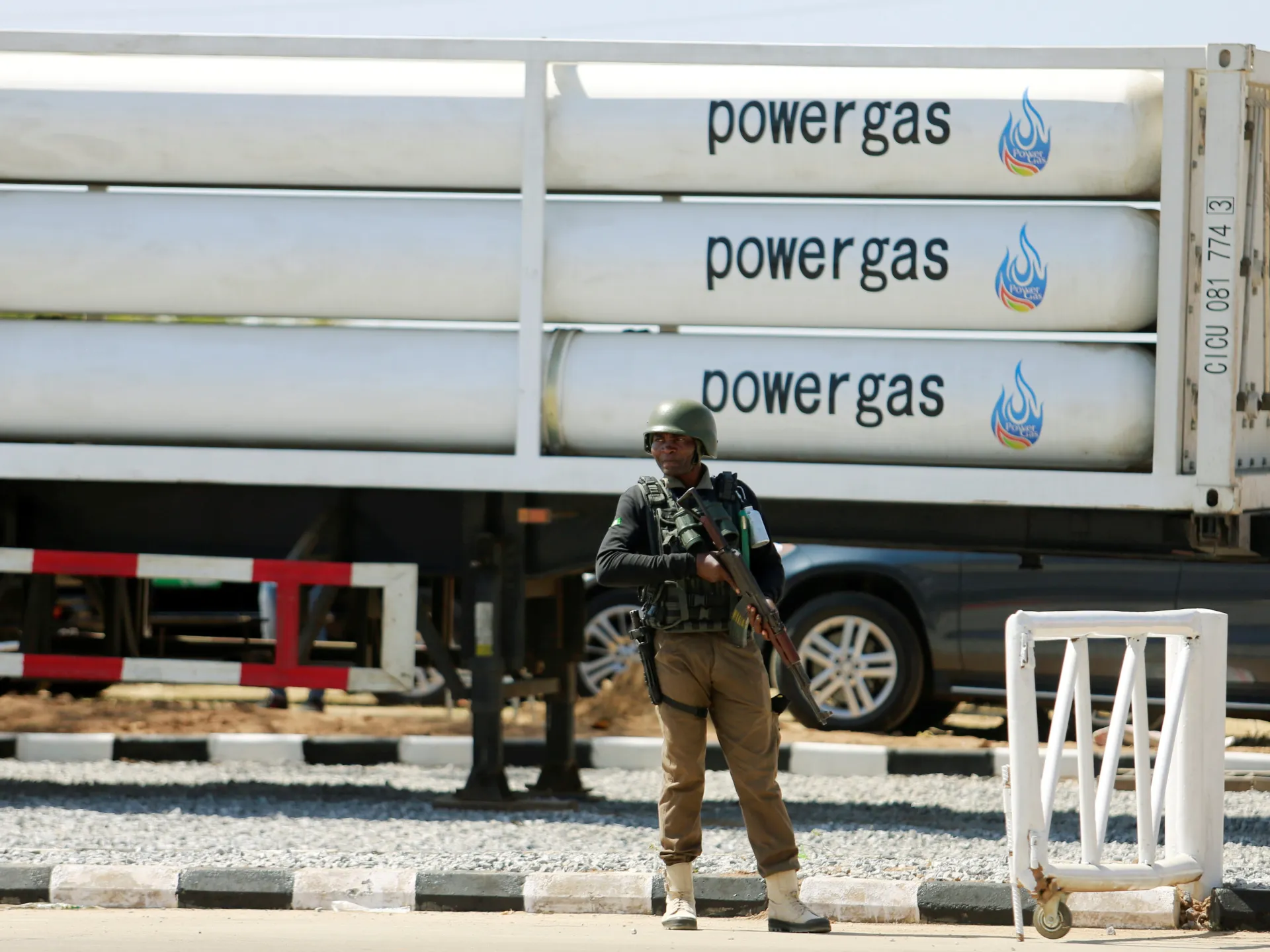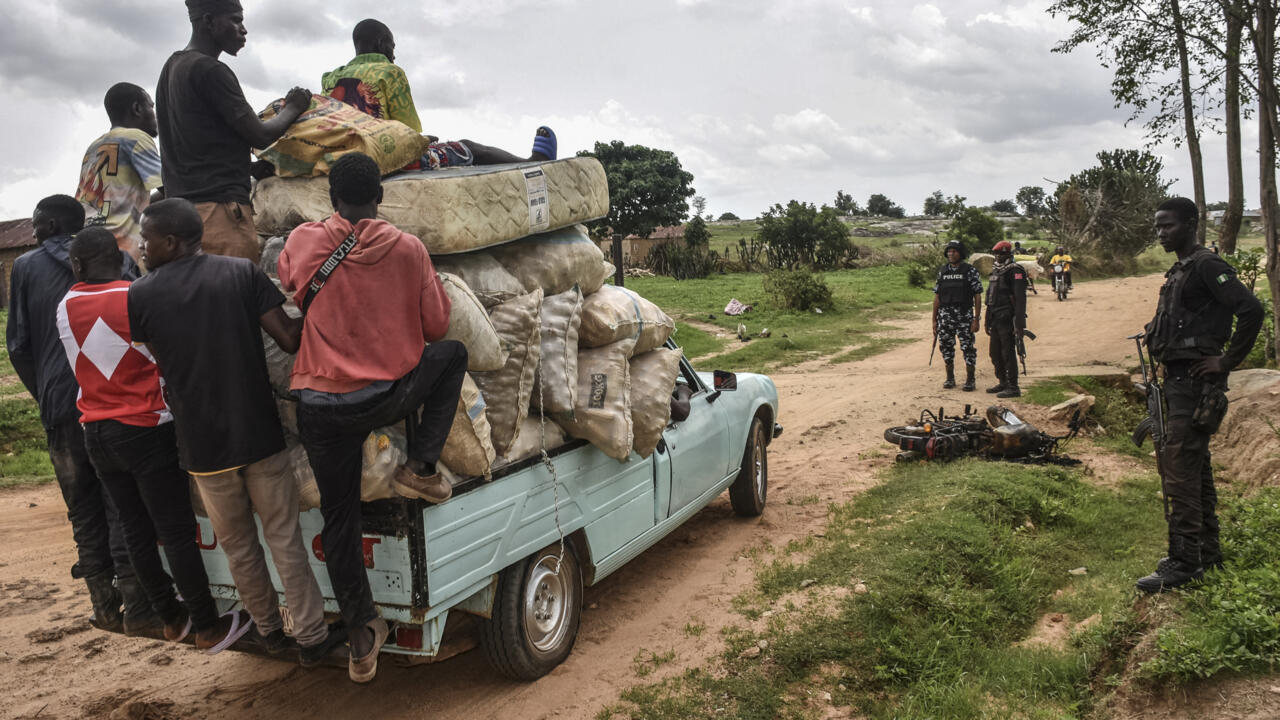

In a horrifying wave of violence, the rampage of armed groups leaves over 160 dead in central Nigeriain a series of attacks, leaving a trail of destruction.
The initial army report on Sunday estimated 16 casualties, but local government officials revealed the true extent of the tragedy on Monday.
Escalating Death Toll
Local government head Monday Kassah, from Bokkos in Plateau State, disclosed that hostilities persisted from Saturday into the early hours of Monday, resulting in the confirmation of 113 deaths.
“„As many as 113 persons have been confirmed killed as Saturday hostilities persisted to early hours of Monday.- Monday Kassah, head of the local government in Bokkos in Plateau State
This number starkly contrasts with the initial report, emphasizing the severity of the situation. The attacks were described as "well-coordinated," targeting no fewer than 20 communities and involving the torching of numerous houses.
The aftermath of the violence revealed a grim reality, with more than 300 wounded individuals identified. These victims were urgently transferred to hospitals in Bokkos, Jos, and Barkin Ladi for medical attention.
A provisional toll by the local Red Cross indicated 104 deaths in 18 villages in the Bokkos region alone.
Condemnation And Urgent Action
Expressing his condemnation for the attacks, Dickson Chollom, a member of the state parliament, called on security forces to swiftly intervene.
Dickson Chollom, a lawmaker from the state, said that at least fifty persons had been reported killed in several communities in the Barkin Ladi region. He demanded immediate action from the security forces and strongly denounced the assaults.
“„We will not succumb to the tactics of these merchants of death. We are united in our pursuit of justice and lasting peace.- Dickson Chollom, a lawmaker from the state
Plateau State governor Caleb Mutfwang denounced the violence as "barbaric, brutal, and unjustified" on Sunday, asserting that the government would take proactive measures to curb ongoing attacks against innocent civilians.
The central region, situated on the religious and ethnic fault line between Nigeria's predominantly Muslim north and mainly Christian south, has a history of racial and religious tensions.
Amnesty International criticized the Nigerian authorities, stating that they have failed to address the recurring deadly attacks on rural communities in Plateau State.
Background Of Unrest
Central and northwest Nigeria have long grappled with bandit militias operating from forest bases, carrying out raids on villages for looting and kidnapping residents.
Competition for natural resources between nomadic herders and farmers, exacerbated by population growth and climate pressures, has further fueled social tensions and violence.
The recent spate of attacks poses significant challenges for President Bola Ahmed Tinubu, who pledged to attract more investment to address Nigeria's persistent security issues. The incidents underscore the urgent need for effective measures to ensure the safety and security of the population.
As the affected communities grapple with the aftermath of these tragic events, calls for justice and lasting peace resonate amidst the grief and shock that has befallen central Nigeria.
The international community closely watches the developments, urging swift action to address the root causes of the ongoing violence.
Final Words
The violent attacks by armed groups in central Nigeria have left over 160 dead, highlighting the region's history of racial and religious tensions.
The failure of authorities to address recurrent attacks highlights the challenges faced by President Bola Ahmed Tinubu in ensuring the safety of Nigeria's diverse population.
The international community urges swift action to address the root causes of the violence and promote lasting peace, as affected communities mourn their losses.

